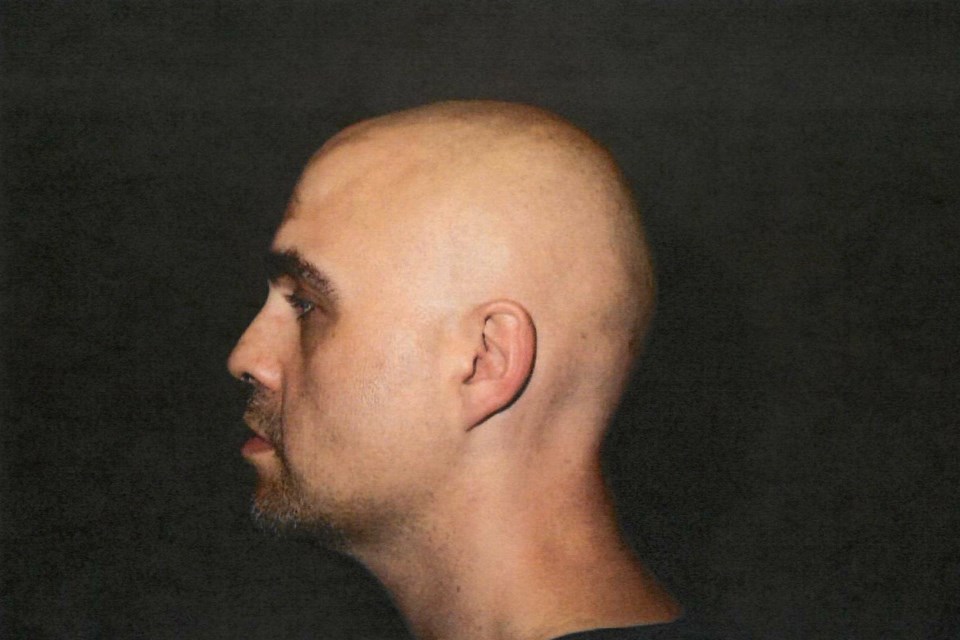WINNIPEG — A judge is expected to decide this week whether a man who admitted to killing four Indigenous women in Winnipeg did so because he was in the throes of a psychotic episode or was driven by a rare form of perverse sexual interest. The tragic case dating back to 2022 renewed calls for governments and organizations to address the ongoing issue of missing and murdered Indigenous women. Countrywide protests were also held demanding a search of a landfill for the remains of two of the victims.
The search is set to start in the fall. The judge is scheduled to give his verdict Thursday in the first-degree murder trial of Jeremy Skibicki. Skibicki has admitted to killing Morgan Harris, 39; Marcedes Myran, 26; Rebecca Contois, 24; and an unidentified woman an Indigenous grassroots community has named Mashkode Bizhiki'ikwe, or Buffalo Woman.

Defence lawyers have argued the 37-year-old Skibicki should be found not criminally responsible due to mental illness. A forensic psychiatrist for the defence testified Skibicki was suffering from schizophrenia at the time of the killings. But the Crown contends Skibicki killed the women because he is a homicidal necrophiliac and that he knew what he was doing was wrong.
Homicidal necrophilia isn't well understood or documented, say some criminologists. It's an uncommon paraphilia where individuals are aroused by having sex with someone they've killed. Eric Beauregard, a professor of criminology at Simon Fraser University, said there are.























